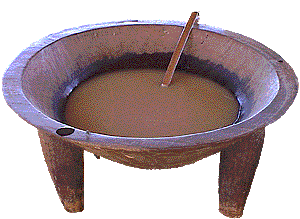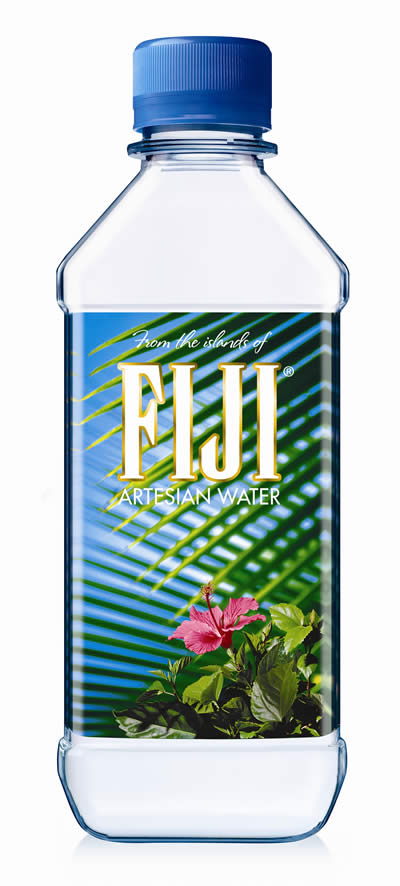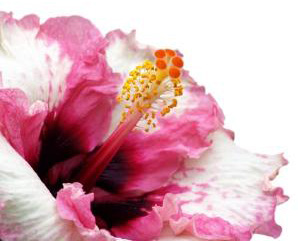What to shop on Fiji!
Favorite buys are filigree jewelry, woodcarvings (such as kava bowls), polished coconut shells, woven work (such as mats, coasters, hats, fans and trays), tapa cloth and pearls. Bargaining is not the norm in shops. Some shopkeepers will give a discount with large purchases. Duty-free items are available and include electrical goods, pewter, crystal and porcelain.
Shopping hours
Mon-Fri 0800-1700, Sat 0800-1300. Many places close for lunch 1300-1400.
Currency Information:
Currency
Fijian Dollar (FJD; symbol F$)
= 100 cents. Notes are in denominations of F$50, 20, 10, 5 and 2. Coins are in denominations of F$1, and 50, 20, 10, 5, 2 and 1 cents.
Currency Exchange
Exchange facilities are available at the airport, at trading banks and at most hotels.
Credit/Debit Cards and ATMs
American Express, Diners Club, MasterCard and Visa are accepted at a number of establishments. Major international cards are accepted at ATMs, which can be found in Nadi, Suva and Savusavu, and although they are cropping up throughout the rest of the islands, these cannot always be relied upon.
Traveller's Cheques
To avoid additional exchange rate charges, travelers are advised to take traveller’s cheques in Australian Dollars or Pounds Sterling.
Banking Hours
Generally Mon-Fri 0800-1700. Restricted Foreign Exchange Dealers (authorized to issue foreign currency and traveller’s cheques for travel-related purposes only): Mon-Fri 0830-1700, Sat 0830-1200.
Exchange Rate Indicators
| Date | Apr 07 |
| £1.00= | F$3.23 |
| $1.00= | F$1.64 |
| €1.00= | F$2.18 |
The nicest stuff to buy
Arts&Crafts
Arts and crafts can be purchased from three different sources: private craftspeople, shops (including a government crafts center in Suva) and the public markets. The least expensive source is generally from individuals, but these people are hard to find because they usually live in remote villages. Shops are the easiest way to purchase handicrafts but are more expensive but there is a reason for it. The better shops choose their merchandise carefully and must pay top dollar for quality goods. One may also purchase handicrafts at the larger public markets. Prices are generally reasonable at the markets but the quality varies greatly.

Where to Buy
In Nadi and Sigatoka, Jack's Handicrafts has a good selection of fairly priced, quality goods. In Suva the official government crafts center at Ratu Sukuna House has some fine items. The Suva outlets, especially the government store, tend to be expensive but the quality is quite good. Those interested in artifact-type replicas should first go to the Fiji Museum in Suva and carefully examine the relics therein. These are the models for the reproductions you are buying.
Most of the municipal markets in the larger towns such as Suva, Nadi and Lautoka have large handicraft sections. As a rule you can also purchase Tanoa (kava bowls) in the same area at the municipal market where yaqona or kava is sold. Beware of crafts manufactured elsewhere. Your genuine Fiji artifact may be from Asia! The advantage of purchasing goods at a public market vs. a shop is that you can bargain at a market thus get cheaper merchandise. However, the tradeoff is that at a good shop the quality tends to be much better. Keep in mind that ultimately, you get what you pay for.
Fiji Water
Fiji Water is a brand of bottled water which is bottled in the Fiji Islands. The water comes from an artesian aquifer in the Yaqara Valley of Viti Levu.
The company was formed in 1996 by David Gilmour, one-time partner in Clairtone Sound Corporation Limited, and the first bottles were shipped to the United States in late 1997. Fiji Water later became available at more retail locations throughout North America, the United Kingdom, France (mainly at le Bon Marché in Paris), Australia, much of the Caribbean,Mexico, as well as Germany. Roll International is the parent company.
Fiji Water is available in .33 liter, .5 liter, 1 liter and 1.5 liter bottles.
The company claims that in the case of Fiji Water, location is key, and because of the islands' remote displacement from other continents, it is protected by its isolation from pollutants and other negative artificial contaminants.
Recently there has been a big hipe about Fiji water. Go to this delivery service and try it yourself and see how good it tastes...

